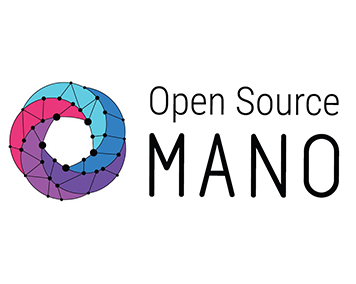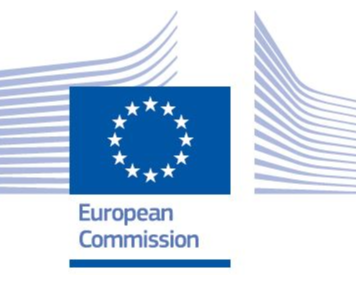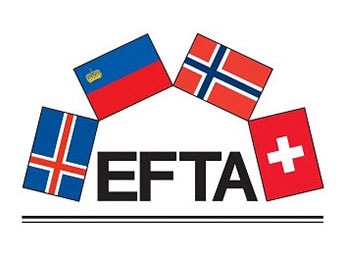ETSI's Centre for Testing and Interoperability and the OSM Community organized an OSM Hackfest from June 13 to 17, 2022. The event was run remotely, allowing participants to join the hands-on sessions from their home or office.
Participation in OSM Hackfests is free and open to all upon Registration.
Scope
The scope of this hackfest was related to on-boarding of Magma 1.7 release, which provides 5G capabilities to an open source core project.
Participants were able to experience during this hackfest the following activities:
- deploy Magma (AGW and Orchestrator components)
- automate adding subscribers to Magma
- test S1AP in an automated way
- use Wireshark to capture packets and see call flows for UE/CPE basic registration
This edition was featuring OSM Release TWELVE and took the form of a team challenge. The event spanned accross the week, Monday to Friday.
Participants formed teams of up to 5 members and worked jointly on tasks. Some of the tasks solutions were presented during the event by mentors. These guides were published after the event.
The last day, each team had the opportunity to demonstrate their achievements and the best demonstration was awarded!
Briefing sessions were recorded, allowing everyone to follow them up at their own pace after the event.
For the latest agenda please click on the link below where you will find further information:
- The Hackfest's agenda was available on the event's WIKI: OSM 13 Hackfest WIKI
Who could attend:
- Network Operators and Service providers, who wanted to get first-hand operational experience with OSM
- VNF vendors, who wanted to onboard their VNF in OSM following best practices
- System Integrators, who wanted to develop their expertise with OSM
- Academia and Universities, who are using or considering OSM as a platform for their research activities in networking
- Experimented developers and users who wanted to share and test with the community
Prerequisites:
Registration was mandatory.
Participants were expected to have user-level knowledge of Linux, and understand basic programming concepts (preferably Python).
Participants needed their laptop, with Linux installed. Should they work on a MAC/Windows machine, they could use multipass.
A remote environment was made available through VPN for participants to run the hands-on sessions.
E-mail with more detailed guide was shared 2 weeks before the event.



